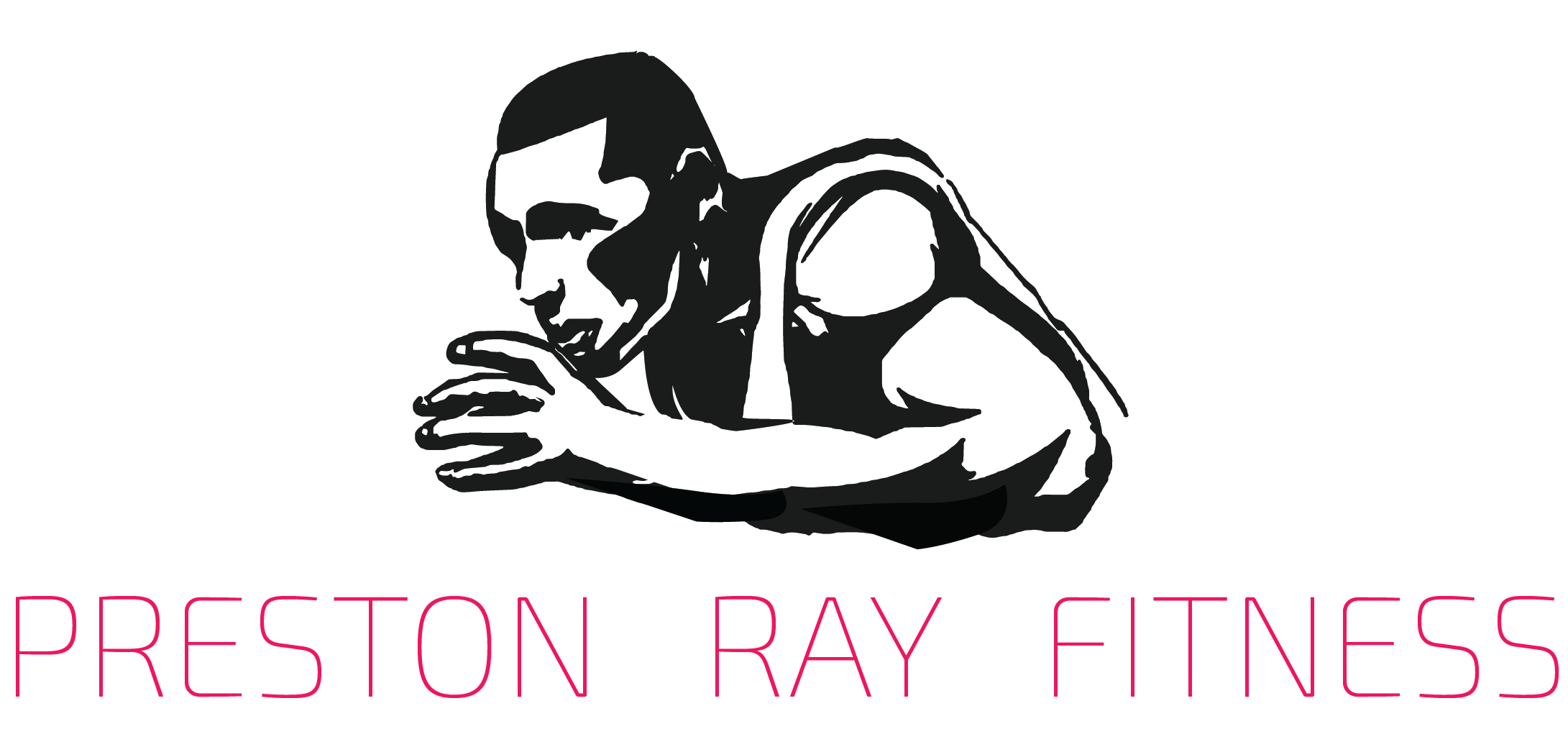In my nearly 11 years of personal training, I can’t think of a topic that has been more widely discussed than the relationship between protein and muscle. I would even go as far as saying that protein is THE most highly regarded nutrient in all of strength training.
And yes, protein is a vital macronutrient for your overall health, but its scope/benefits go far beyond building muscle. In fact, protein has less to do with muscle growth and more to do with recovery.
Protein helps repair bodily tissues and cells, but it also helps with the growth and maintenance of skin, hair, and nails. Additionally, it is used to boost our immune system and fight off diseases, such as diabetes.
Additionally, it helps build healthy bones, reduce blood pressure, and unbeknownst to many, optimize hormones, regulate enzymes, and stabilize insulin. It is for THESE reasons that I want you to think of protein as helping muscles recover more so than helping them grow.
By now you are probably wondering what the most effective way is to increase muscle mass and how much protein you should consume daily. Well, in short, it depends.
For starters, we must first consider how physically active you are. Next, we consider factors such as age, weight, height, training intensity, and whether you are interested in maintaining muscle mass or increasing it. All this information will not only tell you how much protein you need to consume, but also how much fat and carbs as well.
Ultimately, we need to be able to determine how much energy you are consuming and how much you are expending before we can determine caloric intake. And while Indirect Calorimetry (the measure of oxygen consumed and carbon dioxide expelled) and Direct Calorimetry (the amount of heat produced by the body during exercise) are the best ways to determine caloric intake, they are advanced procedures that many don’t have access to.
But don’t worry, if you are interested in finding out this information, you can do so by using a nutrition calculator like I did. All you have to do is go to either https://www.precisionnutrition.com/how-to-count-macros or https://www.verywellfit.com/how-to-calculate-how-much-protein-you-need-3955709 and you will be able to get your numbers easily and effectively in minutes. I used both calculators and I got back roughly the same number.
Lastly, please remember that the best way to build muscle is to perform weightbearing exercises like walking, running, dancing, and lifting weights. Spend more time strength training and less time fretting over protein and you will see a drastic change in your muscle mass and metabolism. And always, remember, protein is more about muscle recovery and overall health and less about muscle growth.


Recent Comments